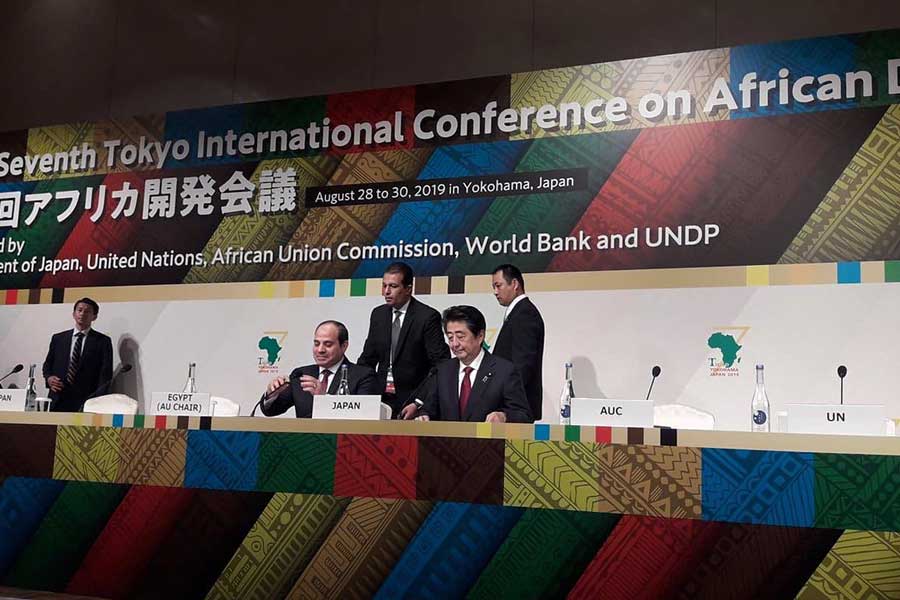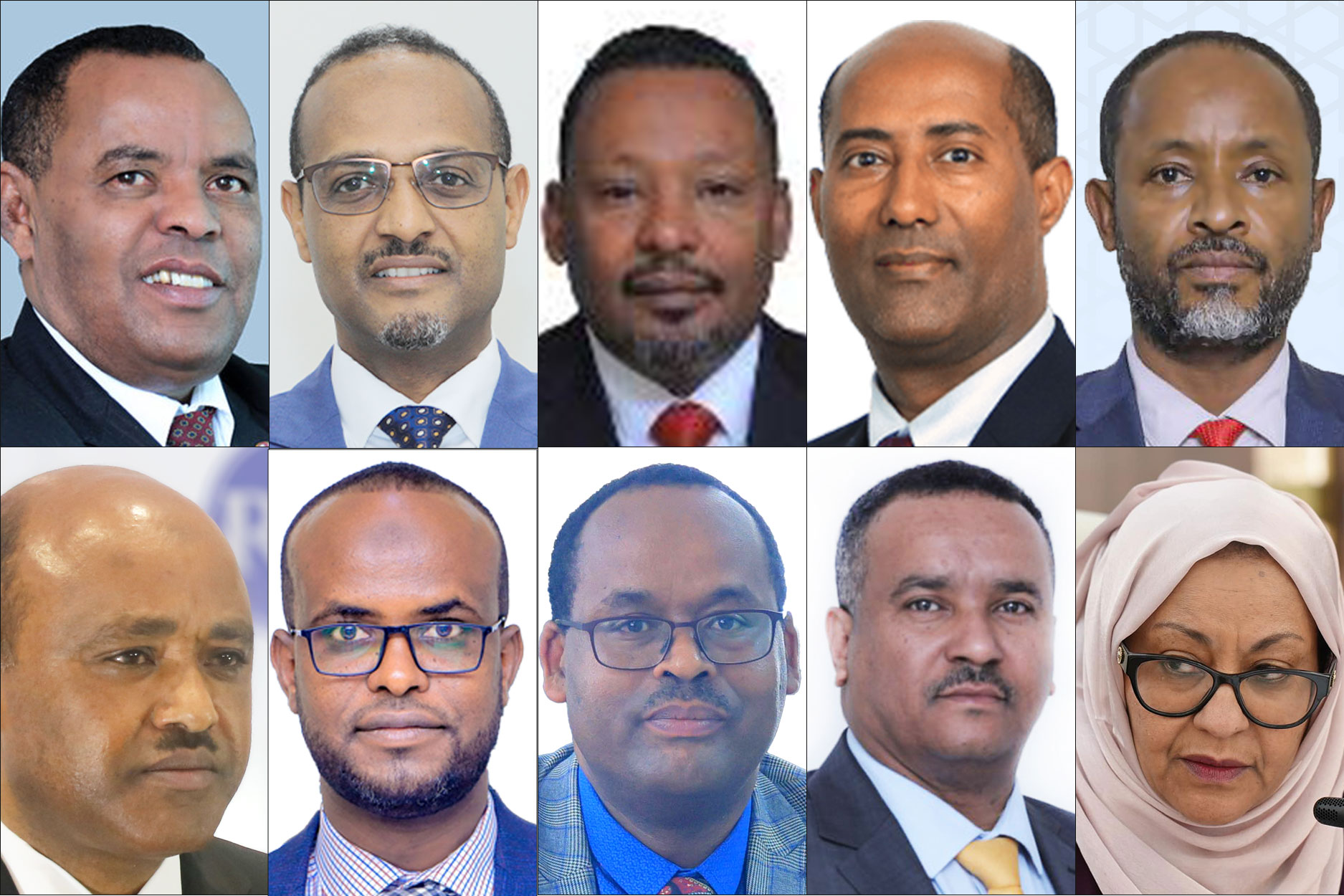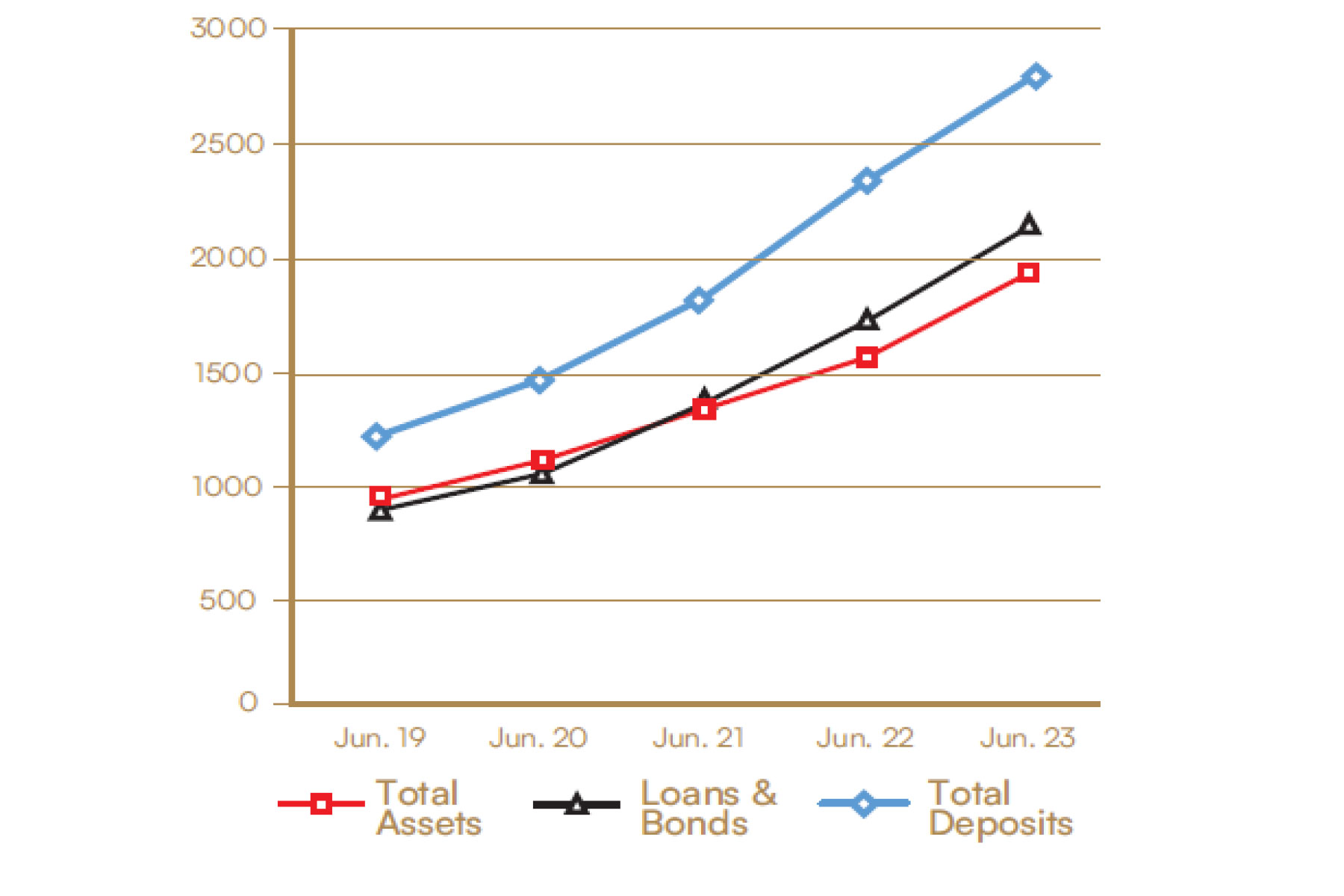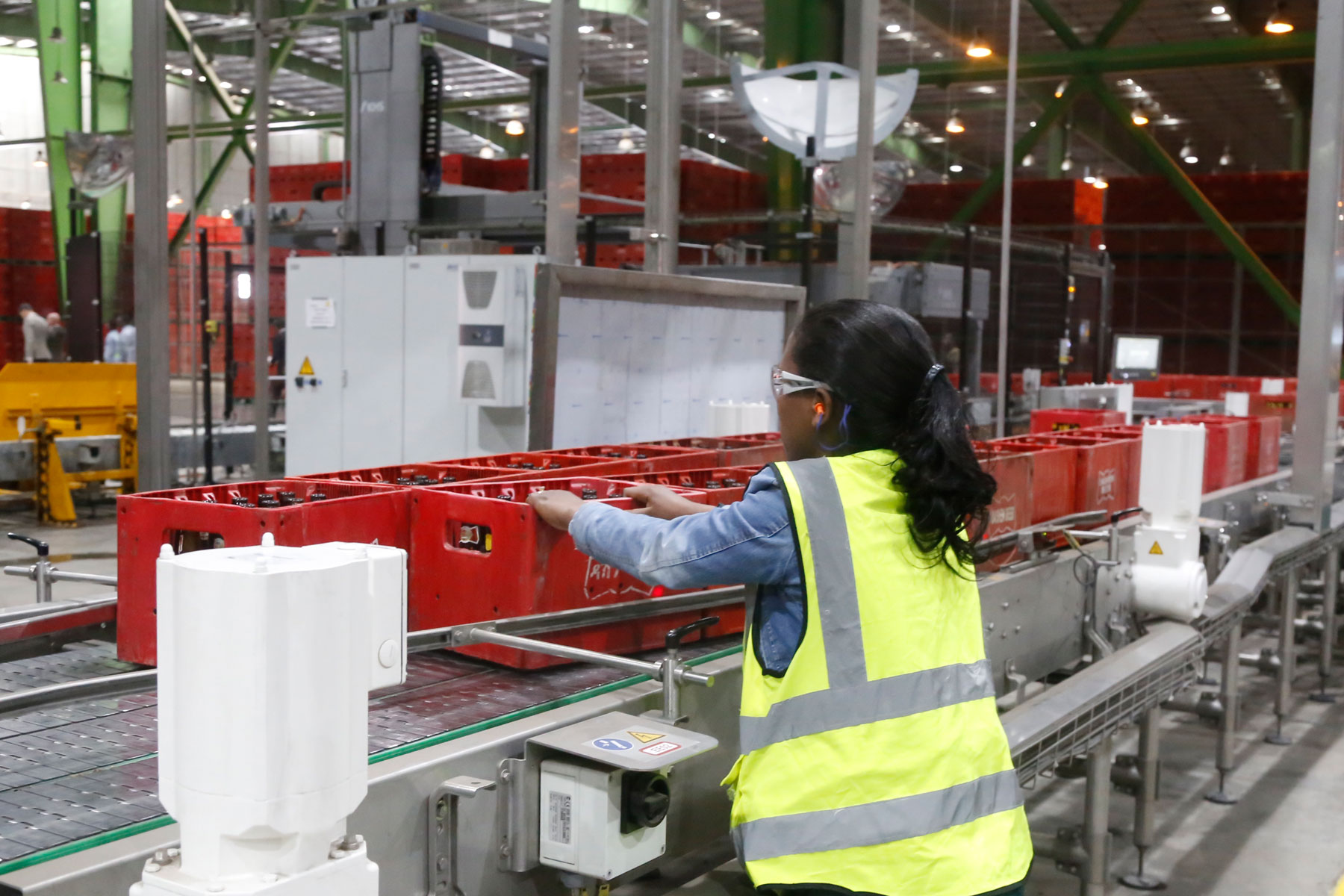
Viewpoints | Apr 30,2021
Jul 27 , 2019
By Mekonnen Teshome
I travel around the world as a freelance science writer and communicator to attend seminars and conferences that are, at times, very inspirational and enlightening.
I recently took part in a conference for science journalists held in Switzerland that was extraordinarily stimulating and educational. The key take-away message for me was the importance of a robust science diplomacy.
According to the Royal Society and the American Association for the Advancement of Science, science diplomacy refers to three key concepts - science in diplomacy, diplomacy for science and science for diplomacy.
Science in diplomacy is a notion where scientific know-how and evidence is used to inform and support foreign policy objectives. Diplomacy for science is related to diplomatic efforts and resources that are aimed at facilitating international scientific and technical cooperation. Science for diplomacy is about scientific collaboration that is used as a source of soft power to strengthen or foster foreign relations.
Science diplomacy could be defined as a diplomatic relation that involves research-based, scientific, academic and engineering exchanges among nations and societies.
Having realised its extraordinary significance, Switzerland has managed to maintain its vigorous science diplomacy activities for decades. Science diplomacy has boosted the competitiveness and innovation capacity of Switzerland.
In this regard, Vice President of the Swiss Confederation Simonetta Sommaruga stated that Switzerland is firmly anchored in the European Research Area and has been attaching primary attention to science diplomacy for years. EU Commissioner for Research, Science and Innovation, Carlos Moedas, also had his complements on the effectiveness of Swiss science diplomacy.
Switzerland is host to major international scientific projects and infrastructure such as the Human Brain Project at École Polytechnique Fédérale de Lausanne (EPFL) and the Conseil Européen pour la Recherche Nucléaire (CERN), the European Organization for Nuclear Research. The Large Hadron Collider (LHC) is located here. It is the world’s largest and most powerful particle accelerator that consists of a 27-kilometre ring of superconducting magnets. Coupled with hosting these vital institutions and being an active member of the European Framework Programs, Horizon 2020, and other initiatives of academic cooperation, the country is regarded as a hub of science diplomacy.
CERN’s establishment convention was ratified in 1954 by 12 countries in Western Europe. Currently, CERN has 23 member states. Thousands of scientists from over 600 institutes and universities around the world use CERN’s facilities, including the massive Large Hadron Collider (LHC). The facilities have so far enabled top particle physicists to register eight discoveries that add critical knowledge to the enlightenment of humans. CERN is one of the most prominent institutions that serve Switzerland and other member European countries as a significant science diplomacy instrument.
Science diplomacy is essential, because natural disasters like hurricanes, droughts and earthquakes and the catastrophes they inflict are not limited within borders. They transcend national boundaries. Therefore, countries collectively need to make deals such as the Paris Climate Agreement and the Iran Nuclear Deal.
Nations are engaged in forging international cooperation through various ventures to bring about positive changes in maintaining the natural balance and global ecology. Also included is denuclearisation, advancing trade relations, industrial and agricultural growth. To achieve these objectives, countries need to regulate emerging global technologies like machine learning and artificial intelligence, population control mechanisms and digital currencies.
To this end, despite critical geopolitical differences, we see countries sign various collaboration frameworks and agreements and implement programs jointly.
For instance, the U.S. and China had signed an agreement on Cooperation in Science and Technology. The cooperative activities and programs under this agreement have been sustained for decades. The two countries have also signed the Ten-Year Framework on Energy and Environment Cooperation. A memorandum of Understanding was signed between the Cuban Academy and the American Association for the Advancement of Science in 2013 for joint scientific endeavours and exchanges. On many occasions, scientific communities of the US and Iran have also clinched various cooperation deals to the benefit of the two countries.
The ownership and use of the International Space Station (ISS) was also established by intergovernmental treaties and agreements among five participating space agencies - NASA (United States), Roscosmos (Russia), JAXA (Japan), ESA (Europe) and CSA (Canada).
Recently, a group of students and their professor performed the first African-led experiment at CERN. They used some of the most potent scientific equipment in existence to examine the sub-atomic matter and reflect on what happens when stars explode. This kind of fruitful scientific collaboration between states with different ideologies and from different parts of the world shows the potential for science diplomacy. It should be considered as a model for African countries for inter-African and international cooperation.
PUBLISHED ON
Jul 27,2019 [ VOL
20 , NO
1004]


Viewpoints | Apr 30,2021

Sunday with Eden | Oct 31,2020

Featured | Aug 31,2019

Fortune News | Nov 09,2019

Sunday with Eden | Dec 19,2018

Radar | May 27,2023

Commentaries | Dec 26,2020

Fortune News | Feb 11,2023

My Opinion | Jan 07,2024

Radar | Apr 16,2022

Photo Gallery | 96080 Views | May 06,2019

Photo Gallery | 88349 Views | Apr 26,2019

My Opinion | 66980 Views | Aug 14,2021

Commentaries | 65709 Views | Oct 02,2021
My Opinion | Apr 13,2024

Feb 24 , 2024 . By MUNIR SHEMSU
Abel Yeshitila, a real estate developer with a 12-year track record, finds himself unable to sell homes in his latest venture. Despite slash...

Feb 10 , 2024 . By MUNIR SHEMSU
In his last week's address to Parliament, Prime Minister Abiy Ahmed (PhD) painted a picture of an economy...

Jan 7 , 2024
In the realm of international finance and diplomacy, few cities hold the distinction that Addis Abeba doe...

Sep 30 , 2023 . By AKSAH ITALO
On a chilly morning outside Ke'Geberew Market, Yeshi Chane, a 35-year-old mother cradling her seven-month-old baby, stands amidst the throng...

Apr 13 , 2024
In the hushed corridors of the legislative house on Lorenzo Te'azaz Road (Arat Kilo)...

Apr 6 , 2024
In a rather unsettling turn of events, the state-owned Commercial Bank of Ethiopia (C...

Mar 30 , 2024
Ethiopian authorities find themselves at a crossroads in the shadow of a global econo...

Mar 23 , 2024
Addis Abeba has been experiencing rapid expansion over the past two decades. While se...

Apr 13 , 2024
A severe financial stranglehold has been imposed on the banking industry, underminin...

Apr 13 , 2024 . By MUNIR SHEMSU
In an unprecedented move, the central bank has published its inaugural stress test report, uncovering potential fault lines within the finan...

Apr 13 , 2024 . By MUNIR SHEMSU
In a bold departure from its historical position on foreign investment, the federal government has opened...

Apr 13 , 2024 . By AKSAH ITALO
A proposed excise tax stamp system draws controversy amongst industry leaders in the alcohol, tobacco, be...